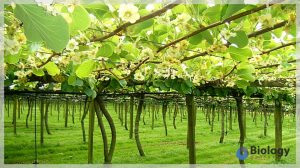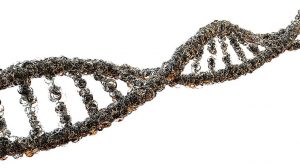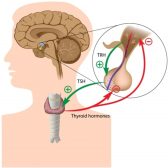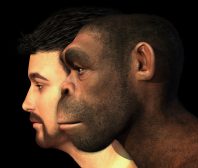Definition
noun
(1) An autonomously folding functional unit of a protein.
(2) A part of protein that can fold, function and exist independently of the rest of the protein chain or structure.
Supplement
Protein domains vary in length. Some can consist of about 25 amino acids while others up to 500 amino acids in length. Zinc fingers are an example of small protein domains that can coordinate one or more zinc ions to help stabilize their folds.
Dictionary > Protein domain
You will also like...

Insects
There are more species of insects than any other species combined. This surely illustrates that insects have the selecti..

Biosecurity and Biocontrol
This lesson explores the impact of biosecurity threats, and why they need to be identified and managed. Examples to incl..

Genetic Mutations
This tutorial looks at the mutation at the gene level and the harm it may bring. Learn about single nucleotide polymorph..

Hormone Production
Hormones are chemical messengers produced by specialized glands and they were produced by switching on the genes designe..

Ecosystem Succession
If the balance of nature is left untouched, landscapes can change dramatically over time. A previous ecosystem is supers..

The Homo Species
The evolution of the species of the genus "Homo" led to the emergence of modern humans. Find out more about human evolut..

